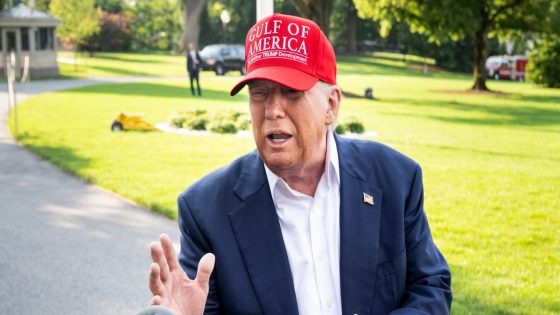President Donald Trump has made headlines by announcing a significant trade deal with Vietnam, aimed at reshaping U.S. trade dynamics. This move comes as part of a broader strategy to counter China’s influence in global markets.
- Trump reduces tariffs on Vietnamese imports.
- New tariff targets Chinese transshipments via Vietnam.
- Vietnam benefits from supply chain shifts.
- Trade deal may influence future negotiations.
- Asian economies face pressure to choose sides.
- US stock markets react positively to news.
On July 3, 2025, Trump revealed that tariffs on Vietnamese imports would drop from 46% to 20%, while imposing a hefty 40% tariff on goods transshipped from China via Vietnam. This strategic maneuver is designed to bolster American exports while tightening the screws on Chinese goods.
This trade agreement raises questions about the future of U.S.-China relations and how other Asian economies will respond. Will Vietnam become a key player in U.S. supply chains? Here are some points to consider:
- The deal reflects the U.S. intention to discourage reliance on Chinese manufacturing.
- Vietnam’s growing role as a manufacturing hub could lead to increased investment.
- Other Asian nations may feel pressured to align with U.S. trade policies.
- Investors are optimistic, as seen by rising stock indices.
As the global economy evolves, it will be crucial for U.S. businesses to stay informed and agile, navigating these changes for future growth opportunities.

































